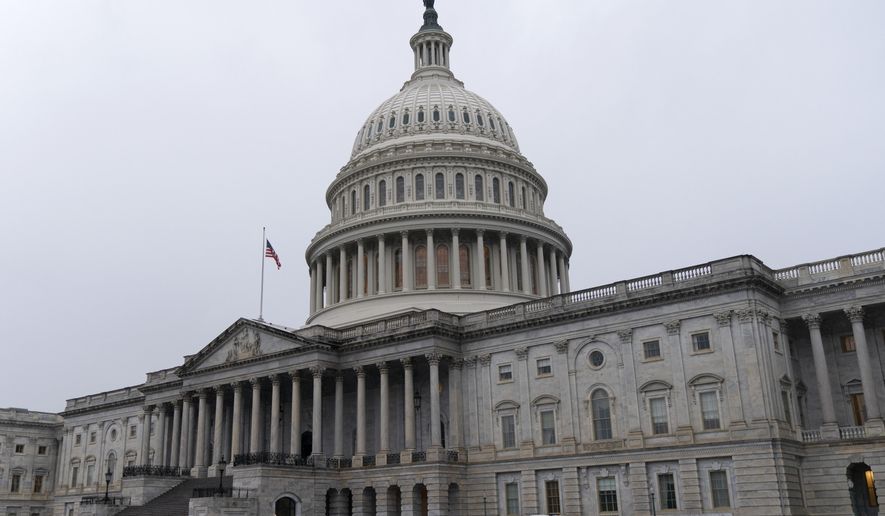A bipartisan group of senators introduced legislation this week to strengthen the Nixon-era resolution aimed at curbing the president’s ability to fight lengthy wars abroad without congressional approval.
The National Security Powers Act, introduced by Sen. Bernard Sanders, Vermont independent, and co-sponsored by Sens. Chris Murphy, Connecticut Democrat, and Mike Lee, Utah Republican, would shorten from 60 days to 20 days the window within which the president must end a military action not authorized by Congress. The bill would also require Congress to authorize certain arms sales and approve emergency declarations that could justify military action.
“I believe that we have become far too comfortable with the United States engaging in military interventions all over the world, and the time is long overdue for Congress to reassert its constitutional role in matters of war and peace,” said Mr. Sanders, a self-proclaimed socialist who caucuses with the Democrats.
The bill comes amid growing resolve on Capitol Hill to rein in presidential discretion on military action.
In June, the House voted to repeal the 2002 Authorization for Use of Military Force (AUMF) against Iraq, which provided legal justification for President George W. Bush’s invasion of Iraq and was used by subsequent administrations to justify additional strikes both in Iraq and in other countries in the region. Later the same month, the House voted to repeal older, less-known combat authorizations from 1991 and 1957 that remained on the books.
A similar measure to repeal the 2002 and 1991 AUMFs awaits a Senate Foreign Relations Committee vote before proceeding to the Senate floor. Senate Majority Leader Charles E. Schumer, New York Democrat, said he supported the House measure and would greenlight a Senate vote this year.
The House Appropriations Committee has also passed an amendment in next year’s defense spending bill to phase out the more controversial 2001 AUMF, which has provided the legal authority to execute the global war on terrorism following the attacks on 9/11.
The bill introduced this week would set a termination date for existing AUMFs and require future authorizations to meet the more restrictive criteria contained in the legislation, including more clearly defined objectives and targeted countries or groups.
The lawmakers say the legislation more clearly defines the balance of power between Congress and the White House spelled out in the 1973 War Powers Resolution, which they claim has consistently been disregarded by presidents of both parties since its passage.
The War Powers Resolution, passed amid waning support for the Vietnam War, was vetoed by President Nixon, who claimed that it was unconstitutional. Congress overrode the president’s veto in 1973.
“Presidents of both parties have usurped Congress’ prerogative to determine if, when, and how we go to war,” Mr. Lee said. “Now America’s global standing, treasure, and brave service members are being lost in conflicts the people’s legislators never debated. In areas where the Constitution grants broad powers to Congress, Congress is ignored. The National Security Powers Act will change that and return these checks and balances to our government.”
• Joseph Clark can be reached at jclark@washingtontimes.com.




Please read our comment policy before commenting.